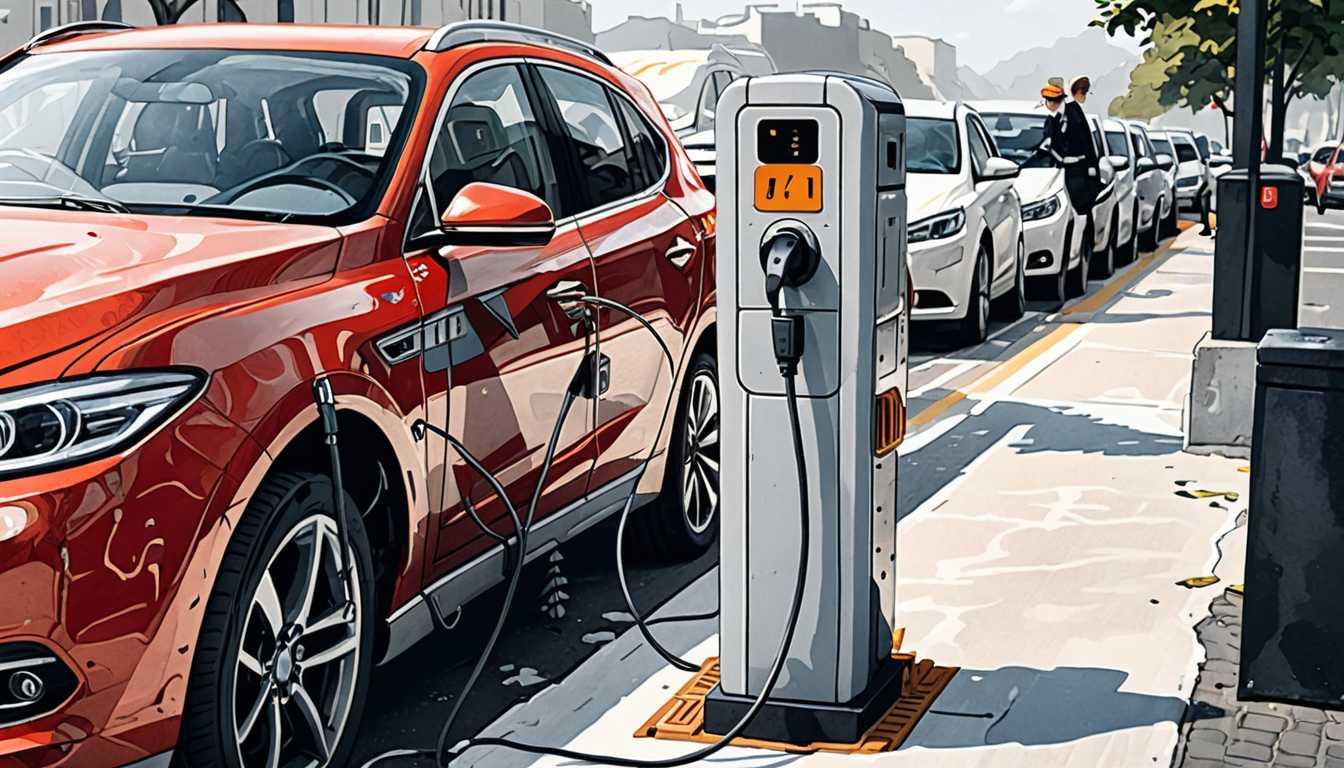Green Jobs: Youth's Key to Earth's Future
March 2024
London School of Economics (LSE)
Introduction
Dive into the green future with the London School of Economics! Discover how youth employment is the secret sauce to a just transition to a green economy. Learn why creating jobs in clean industries and ensuring education leads directly to employment can make our planet a better place for everyone. With humor, intrigue, and a dash of urgency, this article explores the massive shift needed to fight environmental breakdown and secure a liveable planet for future generations. Spoiler alert: It involves you!
READ FULL ARTICLEWhy It Matters
Discover how this topic shapes your world and future
Green Dreams - Our Future Depends on It
Imagine a world where every job helps the planet. Sounds cool, right? That's what a "just transition to a green economy" is all about. It's not just about saving the environment; it's about making sure everyone, including young people like you, has a fair shot at these new green jobs. This big shift is crucial because it tackles two massive challenges at once: climate change and job security. By moving away from old, polluting industries and into cleaner ones, we're not just protecting our planet – we're opening up millions of new job opportunities. And the best part? These jobs are about building a healthier, fairer world for everyone. This matters to you because the decisions and actions we take now will shape the world you'll live in as an adult. Plus, who doesn't want to be part of something that's both cool and important?
Speak like a Scholar
Just transition
A plan to shift from a polluting economy to a green one, making sure no one is left behind in the process.
Intergenerational equity
Ensuring that our actions today don't harm the opportunities and wellbeing of people in the future.
Social protection
Programs designed to reduce poverty and vulnerability by promoting efficient labor markets, diminishing people's exposure to risks, and enhancing their capacity to manage economic and social risks, such as unemployment, exclusion, sickness, disability, and old age.
Renewable energy
Energy from sources that are not depleted when used, such as wind or solar power, unlike fossil fuels, which can run out.
Ecosystems
Communities of living organisms and their physical environment, interacting as a system. Healthy ecosystems are vital for human health and wellbeing.
Social license to operate
The ongoing approval and broad social acceptance by the community and stakeholders for businesses and projects.
Independent Research Ideas
Exploring the role of youth in the green economy
Dive into how young people around the world can lead the charge in transitioning to a green economy. What initiatives exist, and how can more young people get involved?
The impact of renewable energy on local communities
Investigate how the shift to renewable energy affects local communities, especially in developing countries. Are there more jobs? How does it change the community's way of life?
Social protection in a green economy
Examine different countries' approaches to ensuring that workers displaced by the move away from fossil fuels have social protection and opportunities in new industries.
The psychology of climate action
Why do some people take action on climate change while others don't? Explore the psychological barriers to and motivators for engaging with green initiatives.
Green jobs and gender equality
Research how the transition to a green economy can promote gender equality. Are women getting equal opportunities in these new green jobs?
Related Articles

Debt-for-Nature Swaps: Solution or Controversy?
July 2024
JSTOR Daily

Willing to Pay for Clean Air?
September 2023
London School of Economics (LSE)

California's Carbon Capture Revolution
June 2024
MIT Technology Review

EV Tax Credits: Green Light or Red Flag?
October 2024
UC Berkeley NewsCenter

Unmasking Corporate Eco-Facades
December 2023
JSTOR Daily